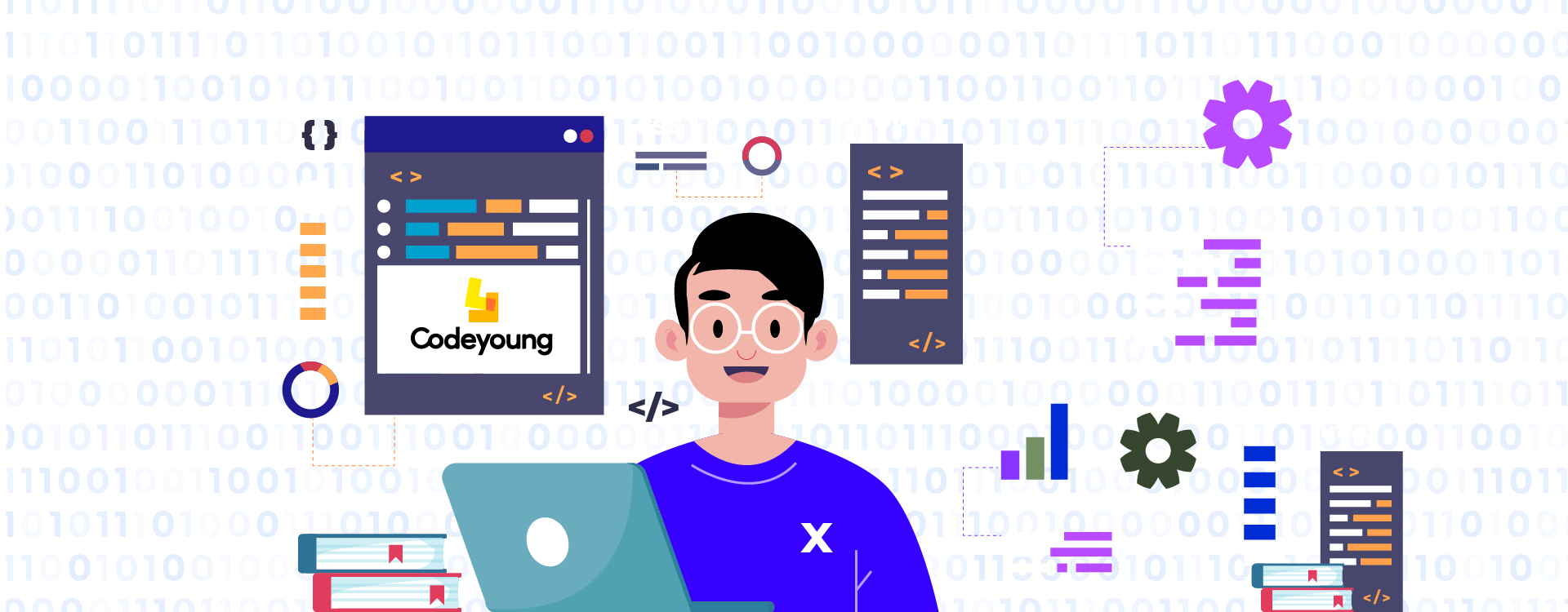Bangalore-based coding education start-up Codeyoung is causing a stir in educational technology. Founded by IIT Delhi graduates in 2019, Codeyoung has already conducted 40,000 classes for K-12 segment students and has raised multiple funding rounds, most recently from the US-based Guild Capital.
Graduates from the Indian Institute of Technology Delhi, Shailendra Dhakkad and Rupika Taneja volunteered for training and education ventures for many years before moving a step further and founding their own education platform – Codeyoung. The company offers on-site programming classes to students from the K-12 segment and is committed to expanding the programming and coding space in India.
‘‘
The edtech industry is multilaterally booming with new players, and it is the right time to enter it when the tech-high is in place.
Codeyoung’s Working Model and Structure
The edtech start-up offers four coding and programming courses: Scratch, Application Development, Web Development and Python for students between the age groups of 5-9, 9-14 and 14-16. Each course consists of 48 classes and costs Rs 19,999.
Depending on the preferences of the students, two to three lessons are given per week. The company’s courses go beyond block-and-drop block programming to provide an actual coding environment where students can learn industrial languages such as Java and Python.
What do the classes look like at Codeyoung?
Unlike many other edtech and coding players in the industry who teach 1:1 programming, Codeyoung places particular emphasis on community and peer learning. Its live aspects of learning assist students in developing better relationships and a better understanding of the subject matter of coding and computer science as a whole.
Codeyoung’s Course Content
The content of Codeyoung’s coding courses complements the learning values of programming. The teachers at Codeyoung aim to improve children’s cognitive skills, creativity and thinking. At the end of the coding process, K-12 students can use Scratch to create simple games, animations, and websites.
Older students from grades 11 and 12 are introduced to the basics of artificial intelligence, machine learning, and robotics. Python can be used to build responsive websites and applications.
The Development Path of the Coding Edtech Start-Up: What Can Others Learn?
To date, Codeyoung has organized over 40,000 on-site courses and has onboarded 120 teachers. The company adds 15 new teachers every month. Its teachers come from a variety of backgrounds, including top colleges like IITs and NITs.
Start-ups and aspiring entrepreneurs, including college students, engineering graduates, computer science teachers, and even already working professionals, can apply their skills to this edtech segment and follow a similar path to begin their entrepreneurial journey.
With the goals of shortening students’ professional career paths, entrepreneurs and wannapreneurs can provide solutions like online learning and offline learning in the coding realm. So far, Codeyoung’s model is working successfully. It claims to have admitted more than 15,000 students from five countries, including India, the United Arab Emirates, Australia, Malaysia and the United States, in just one year. And this is not just the case of one edtech start-up.
The industry is multilaterally booming with new players, and it is the right time to enter it when the tech-high is in place. Codeyoung’s success is apparent as it plans to bring over 100,000 students under its ambit by the end of 2021. The start-up also says its revenue is witnessing 20% growth per month.
So, if you are an entrepreneur aiming to introduce new coding courses, interactive modules, diagnostics and other participatory activities to fill the learning gap in the Indian education industry, now is the right time to contribute to the growth and take advantage of it simultaneously.




